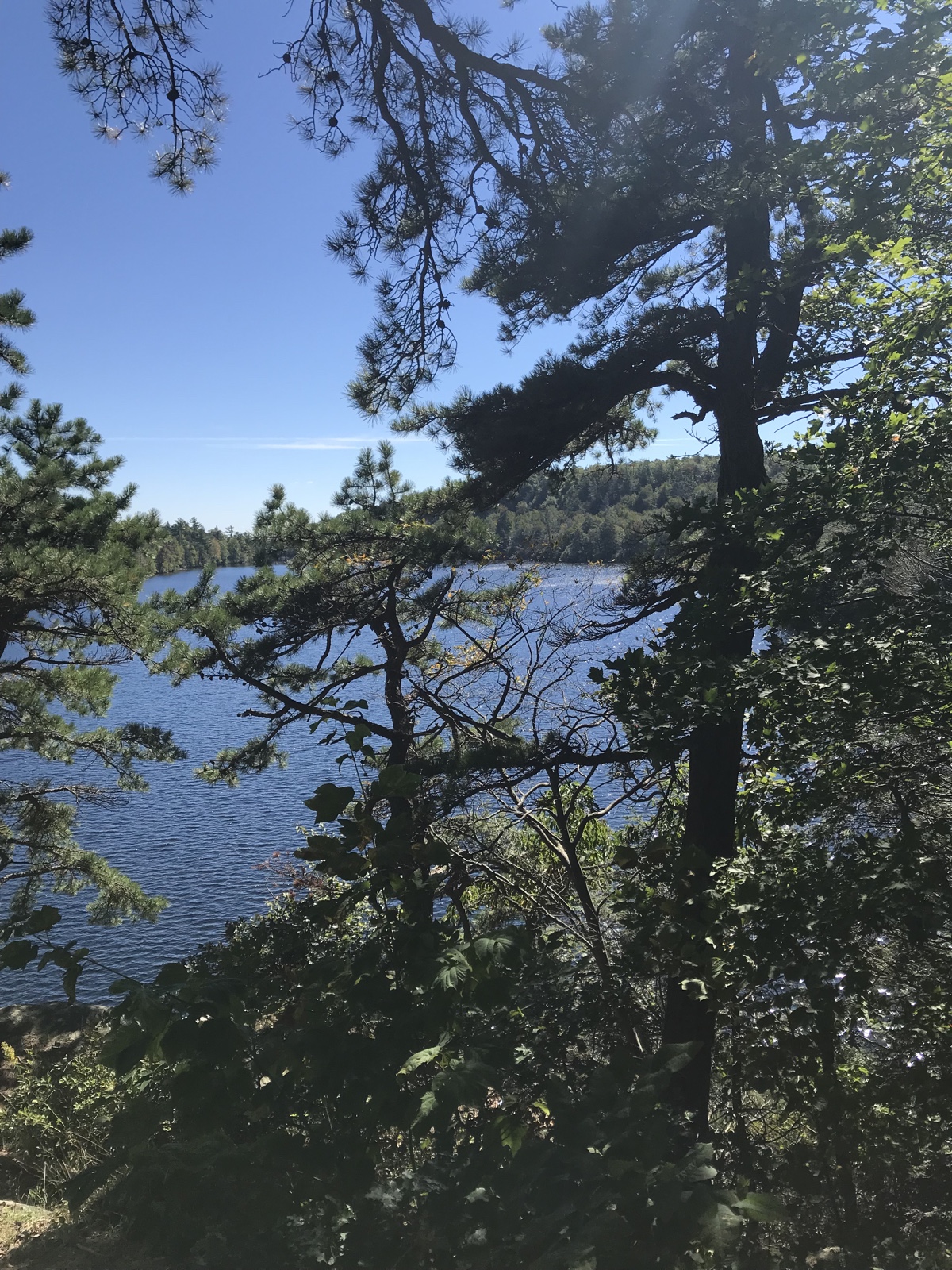848th Week: Cultivating Flexibility, Generating Options
Each morning, I post a “daily inspiration” on the Devadana Sanctuary Facebook page. It’s something I do 365 days a year and it’s the first computer thing I do once my morning routine of getting my own act together is accomplished along with taking care of the three felines who live with me.
On a recent morning, I opened the computer and found that none of my documents would open. I decided to restart the computer and when I did the computer simply stopped booting up. I was left with a dark screen and no way into the computer. I shut it down and gratefully went to my smaller travel computer to do the post. Later, after my regular computer had had some time to rest, I turned it on and everything was back to normal. What struck me was that my recent intention to resonate with qualities of flexibility was very much in the foreground of this experience, as I didn’t get activated or tense when my computer stopped working. Having a backup device certainly made a difference but the “old” me would have been agitated anyway.
This is a very small adaptation compared to what’s happening in people’s lives all around the planet, so I don’t present it as something that was hard to do. Rather, it brings to mind the current reality of how we are confronted with a need to adapt to change in countless ways. With the pandemic and climate change, these moments of having to be flexible and generate new options appear just about every day. They are further complicated when what unfolds generates trauma, loss, financial fears and need, food scarcity, and so much more.
In my experience, one of the characteristics of flexibility is the ability to “soften” in the presence of frustration and obstruction. One thing I want to be sure to say now, rather than later, is that being flexible and softening don’t in any way mean not to respond or take actions that may be needed. Even when we are flexible, we also maintain the ability to act in whatever ways are called for, be these personal actions or actions on behalf of others.
And so, for this week’s practice, I invite you to explore perhaps more deeply than you have before your experience of flexibility and softening. I offer this practice to support the flexibility required to meet these times, while also understanding that there are many situations where even being flexible can’t erase the overwhelm and suffering that may be present. For the purposes of this practice, apply it to simple things, to things that would normally irritate you or in some other way take away your ability to be centered and grounded.
For example, take some time to explore the experience of softening. Notice what happens in your body when you allow yourself to let go of tension, to release holding on and move into letting go. Notice, as well, the quality of your thoughts and emotions when you take time to soften and also notice any shifts in your physical experience when you do so.
Softening allows us to make internal room to discover options and, when there aren’t any accessible options, to be able to settle in a way that allows us to move through whatever has come our way with a more centered and grounded internal stance. This doesn’t mean to become neutral about everything we encounter. Instead, it offers us a way to stay focused in our pre-frontal cortex, the place where we find our present-day observer, where we have easier access to our ability to make choices rather than automatically reacting. When we are in this state of mind, we’re able to think more clearly about our responses.
As part of this practice, pay the same kind of attention to the embodied experience of flexibility as you do with softening. Flexibility is often more a mental and emotional shift initially, even as it also registers powerfully in the body. Notice the quality of your thinking when you choose to explore flexibility, when you find yourself searching for options when confronted with obstructions. As you explore flexibility, remember to bring along softening as a support.
As you play with this practice, track your self-talk. It’s an important and useful ally in accessing flexibility. What you say to yourself about a situation matters. Change your self-talk if it leads to tightness rather than to softening and adapting. Then, as you soften, notice the difference in your self-talk.
As with all these practices, be sure to bring along curiosity as your constant companion and to pat gently on the head any judgments that may arise. Allow these judgments to move on through on the ever-flowing stream of consciousness without your having to do anything with or about them.




